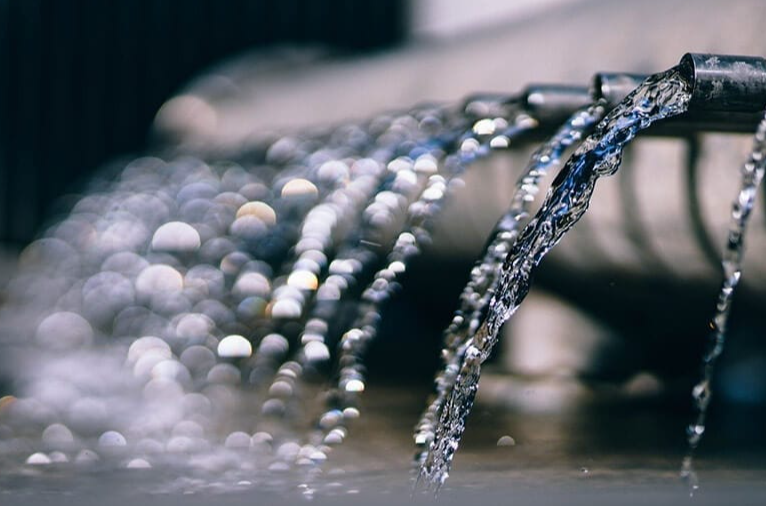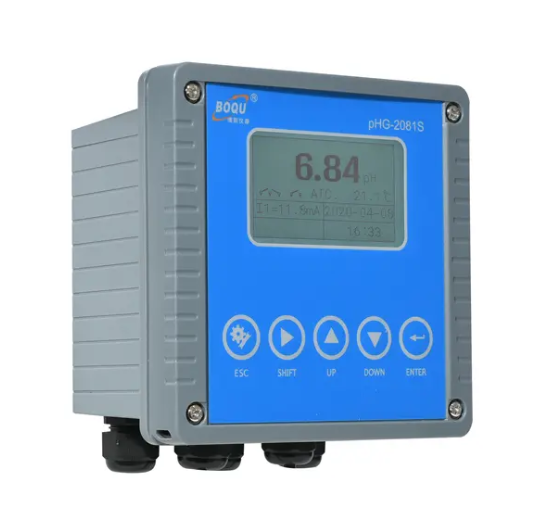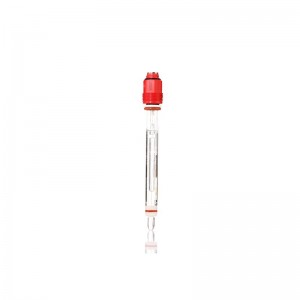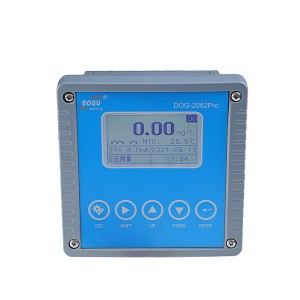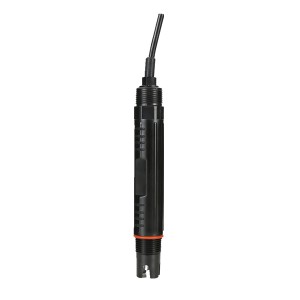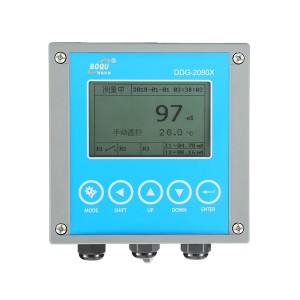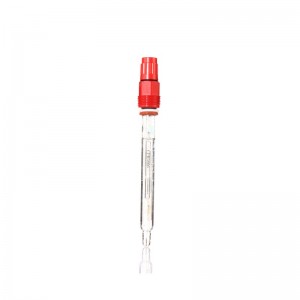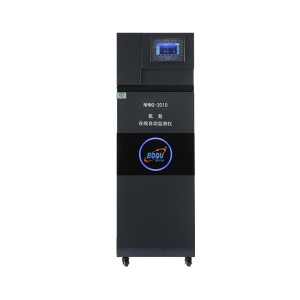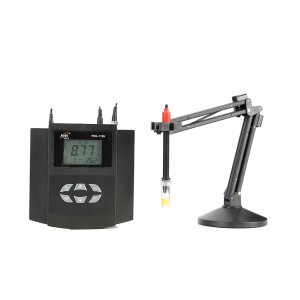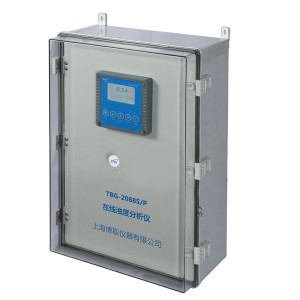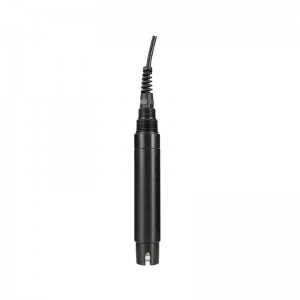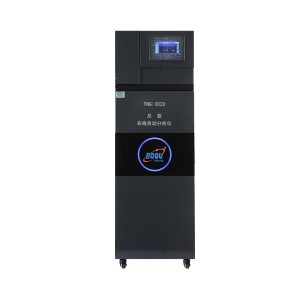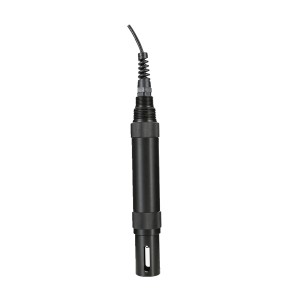In recent years, the rapid evolution of technology has revolutionized various industries, and the water quality management sector is no exception.
One such groundbreaking advancement is the Internet of Things (IoT) technology, which has made a significant impact on the functionality and efficiency of ORP meters. ORP meters, also known as Oxidation-Reduction Potential meters, play a vital role in measuring and monitoring water quality.
In this blog, we will explore the positive impact that IoT technology brings to ORP meters, and how this integration has enhanced their capabilities, leading to more effective water quality management.
Understanding ORP Meters:
Before delving into the influence of IoT on ORP meters, it is crucial to have a solid grasp of their fundamentals. ORP meters are electronic devices used to measure the oxidation-reduction potential of a liquid, providing essential information about the water’s ability to oxidize or reduce contaminants.
Traditionally, these meters required manual operation and constant supervision by technicians. However, with the advent of IoT technology, the landscape has dramatically transformed.
The Significance of ORP Measurement
ORP measurements are critical for various industries, including water treatment plants, swimming pools, aquaculture, and more. By gauging the oxidizing or reducing properties of the water, these meters help in assessing water quality, ensuring optimal conditions for aquatic life, and preventing harmful chemical reactions.
Challenges with Conventional ORP Meters
Traditional ORP meters had limitations in terms of real-time data monitoring, data accuracy, and maintenance. Technicians had to take manual readings periodically, which often led to delays in detecting water quality fluctuations and potential issues. Moreover, the lack of real-time data made it challenging to respond promptly to sudden changes in water conditions.
Leveraging IoT Technology for ORP Meters:
The IoT-based ORP meter offers a number of benefits over traditional devices. The following will bring you more related content:
- Real-time Data Monitoring
The integration of IoT technology with ORP meters has enabled continuous, real-time data monitoring. IoT-enabled meters can transmit data to centralized cloud platforms, where it is analyzed and made accessible to stakeholders in real time.
This feature empowers water quality managers to have an instant overview of the water’s oxidizing potential, facilitating timely interventions when deviations occur.
- Enhanced Accuracy and Reliability
Accuracy is paramount when it comes to water quality management. IoT-driven ORP meters boast advanced sensors and data analytics algorithms, ensuring high precision in measurements.
With enhanced accuracy, water treatment plants and aquaculture facilities can make informed decisions based on reliable data, mitigating risks and optimizing processes for better outcomes.
Remote Accessibility and Control:
- Remote Monitoring and Management
IoT technology grants the convenience of remote accessibility and control, making ORP meters more user-friendly and efficient. Operators can now access data and control the meters from their smartphones or computers, eliminating the need for physical presence on-site.
This aspect proves to be particularly beneficial for facilities located in distant or hazardous locations, saving time and resources.
- Automatic Alerts and Notifications
IoT-enabled ORP meters come equipped with automated alert systems that notify relevant personnel when water quality parameters deviate from pre-defined thresholds. These notifications help in proactive troubleshooting, reducing downtime, and preventing potential disasters.
Whether it’s a sudden increase in contaminants or a malfunctioning system, prompt alerts enable quick response and corrective actions.
Integration with Smart Water Management Systems:
- Data Analytics for Predictive Insights
IoT-integrated ORP meters contribute to smart water management systems by providing valuable data streams that can be analyzed to derive predictive insights.
By identifying trends and patterns in water quality fluctuations, these systems can anticipate future challenges and optimize treatment processes accordingly.
- Seamless Integration with Existing Infrastructure
One of the remarkable advantages of IoT technology is its compatibility with existing infrastructure. Upgrading conventional ORP meters to IoT-enabled ones does not require a complete overhaul of the water management system.
The seamless integration ensures a smooth transition and a cost-effective approach to modernizing water quality management practices.
Why Choose BOQU’s IoT Digital ORP Meters?
In the rapidly evolving world of water quality management, the integration of IoT technology has revolutionized the capabilities of ORP meters. Among the many players in this field, BOQU stands out as a leading provider of IoT Digital ORP Meters.
In this section, we will Explore the key advantages of choosing BOQU’s IoT Digital ORP Meters and how they have transformed the way industries approach water quality monitoring.
A. Cutting-Edge IoT Technology
At the heart of BOQU’s IoT Digital ORP Meters lies cutting-edge IoT technology. These meters are equipped with advanced sensors and data transmission capabilities, allowing seamless communication with centralized cloud platforms.
This integration empowers users with real- time data monitoring, automated alerts, and remote accessibility, providing a comprehensive solution for efficient water quality management.
B. Unparalleled Data Accuracy and Reliability
When it comes to water quality management, accuracy is non-negotiable. BOQU’s IoT Digital ORP Meters boast unparalleled data accuracy and reliability, ensuring precise measurements of oxidation-reduction potential in water. The meters are designed and calibrated with ut most precision, enabling water treatment plants and aquatic facilities to make informed decisions based on trustworthy data.
C. Remote Accessibility and Control
BOQU’s IoT Digital ORP Meters offer the convenience of remote accessibility and control. Users can access data and manage the meters from their smartphones or computers, eliminating the need for physical presence on-site.
This feature proves to be invaluable for facilities located in remote or hazardous areas, saving time and resources while maintaining efficient water quality monitoring.
Final words:
In conclusion, the integration of IoT technology with ORP meters has brought about a positive revolution in water quality management.
The real-time data monitoring, enhanced accuracy, remote accessibility, and integration with smart water management systems have elevated the capabilities of ORP meters to unprecedented levels.
As this technology continues to advance, we can expect even more innovative solutions for sustainable water quality management, safeguarding our precious water resources for generations to come.
Post time: Jul-22-2023

